
Every driver knows that the heart of their vehicle lies in its engine, but what keeps everything running smoothly is often overlooked: the transmission. This crucial component plays a vital role in transferring power from the engine to the wheels, allowing you to hit the road with confidence. However, like any machine, transmissions can experience problems. Understanding these issues can save you time and money while keeping your car safe on the road. Whether you’re a seasoned driver or just starting out, it’s essential to familiarize yourself with common transmission problems. From strange noises to slipping gears, being aware of potential issues will help you keep your vehicle in top shape for years to come. So buckle up and dive into this guide that will steer you through everything you need to know about transmission troubles.
Common Symptoms of Transmission Issues
Recognizing the early signs of transmission problems can save you from costly repairs down the line. One of the first symptoms many drivers notice is slipping gears. This occurs when your car unexpectedly changes gears or fails to stay in gear. Unusual noises are another red flag. If you hear grinding, whining, or clunking sounds while shifting, it’s essential to investigate further. These sounds often indicate internal wear and tear. Additionally, check for fluid leaks under your vehicle. Transmission fluid typically has a reddish hue and a sweet smell. Darker fluid suggests contamination and potential issues.
Causes of Transmission Problems
Transmission problems can arise from various factors. One common cause is low transmission fluid levels. If the fluid is leaking, it can lead to insufficient lubrication and overheating. Another culprit may be worn-out gears or clutches. Over time, these components endure wear and tear, affecting performance significantly. Electrical issues are also a potential source of trouble. Faulty sensors or wiring can disrupt communication between the engine and the transmission, leading to erratic shifting.
How to Prevent Transmission Problems
Preventing transmission problems starts with regular maintenance. Check your transmission fluid regularly. Low or dirty fluid can lead to major issues down the line. Make sure to use the manufacturer’s recommended type of fluid. This ensures optimal performance and longevity for your vehicle’s transmission system. Pay attention to how your car drives. Unusual sounds or slipping gears are warning signs that shouldn’t be ignored. Address these concerns promptly to avoid further damage.

Regular Maintenance and Inspections
Regular maintenance is key to keeping your transmission in top shape. It’s not just about fixing issues when they arise; it’s about preventing them from happening in the first place. Routine inspections help catch potential problems early on. During these check-ups, mechanics will assess fluid levels and quality. They’ll also look for leaks, which can indicate underlying issues. Don’t wait until something goes wrong to schedule maintenance. Staying proactive saves money and extends the life of your vehicle.
Signs That You May Need a Transmission Repair
Struggling to shift gears? That can be a clear sign your transmission needs attention. If you feel a delay when changing from park to drive, don’t ignore it. Unusual noises are another red flag. Grinding or whining sounds while shifting may indicate internal issues that require immediate investigation. Pay attention to fluid leaks as well. Transmission fluid is typically bright red and has a distinct odor. If you notice puddles under your vehicle, it’s time for an inspection.
In Conclusion
Addressing transmission problems early on can save you time and money. Ignoring the signs or delaying repairs often leads to more severe issues down the road. The transmission is a vital component of your vehicle, directly affecting its performance and safety. Staying informed about potential problems empowers you as a driver. Recognizing symptoms such as unusual noises, slipping gears, or fluid leaks allows for timely intervention. Regular maintenance and inspections play crucial roles in preventing more extensive damage.…


 Your 4×4 vehicle is your ticket to off-road excitement, but do you truly know its ins and outs? Understanding the capabilities of your vehicle is key to navigating diverse terrains effectively. Familiarize yourself with the ground clearance, approach angle, departure angle, and breakover angle of your 4×4 for a smoother ride.
Your 4×4 vehicle is your ticket to off-road excitement, but do you truly know its ins and outs? Understanding the capabilities of your vehicle is key to navigating diverse terrains effectively. Familiarize yourself with the ground clearance, approach angle, departure angle, and breakover angle of your 4×4 for a smoother ride.  One crucial skill to hone is proper tire pressure adjustment based on the terrain you’re tackling. Lowering tire pressure increases traction on soft surfaces like sand or mud.
One crucial skill to hone is proper tire pressure adjustment based on the terrain you’re tackling. Lowering tire pressure increases traction on soft surfaces like sand or mud. 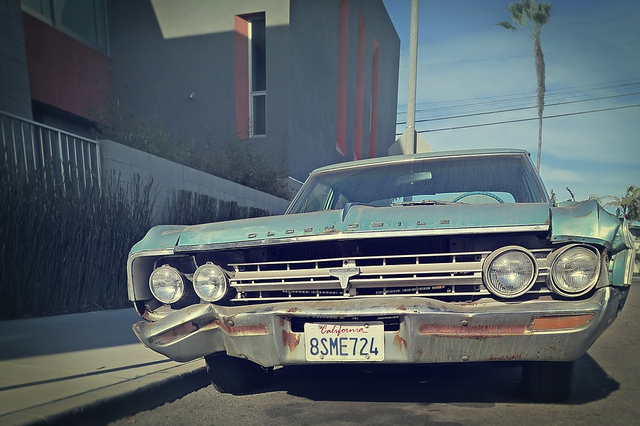

 To maximize your earnings and make your
To maximize your earnings and make your 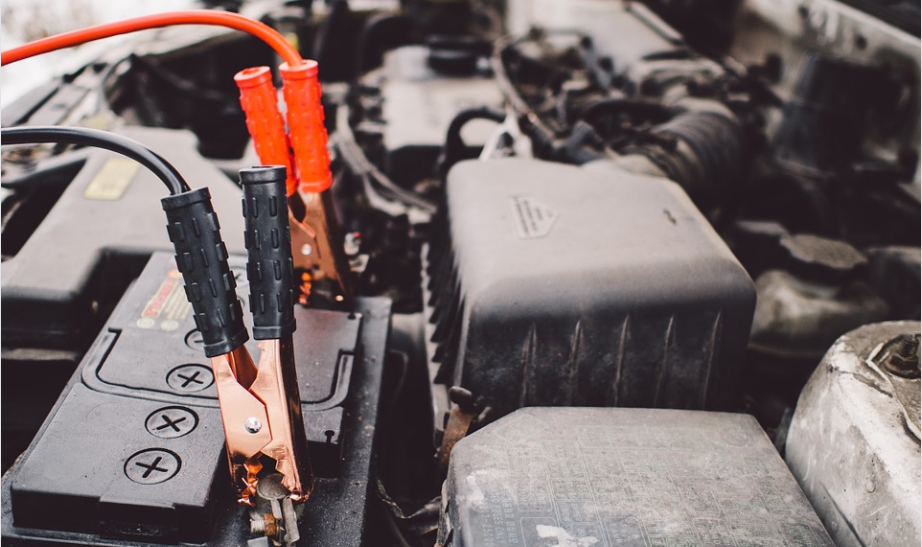

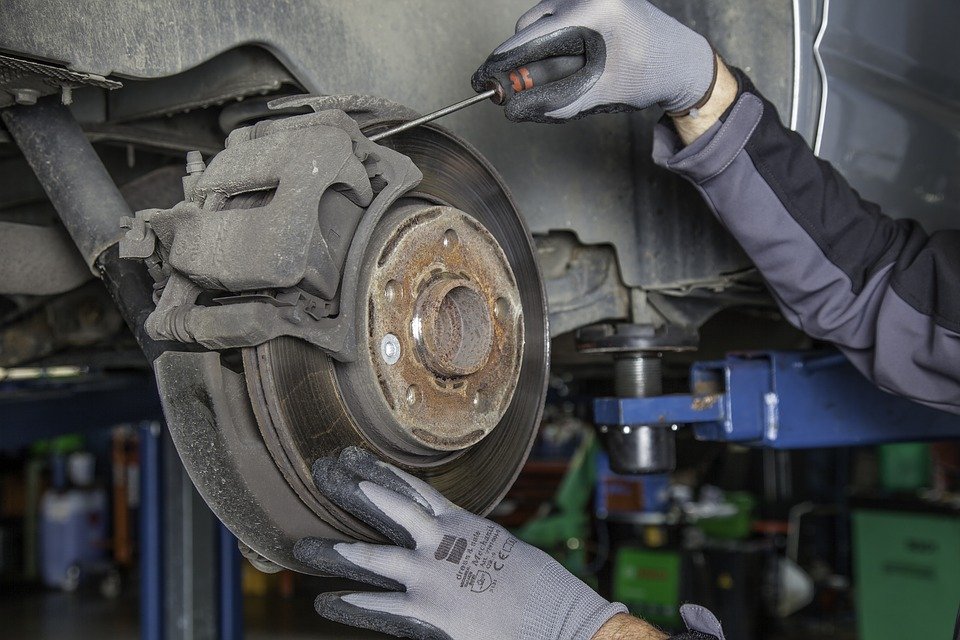
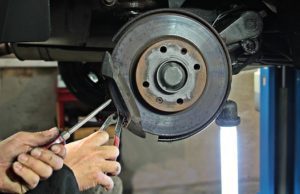
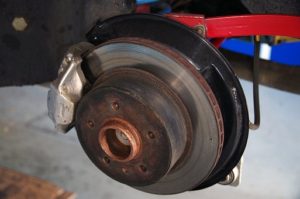
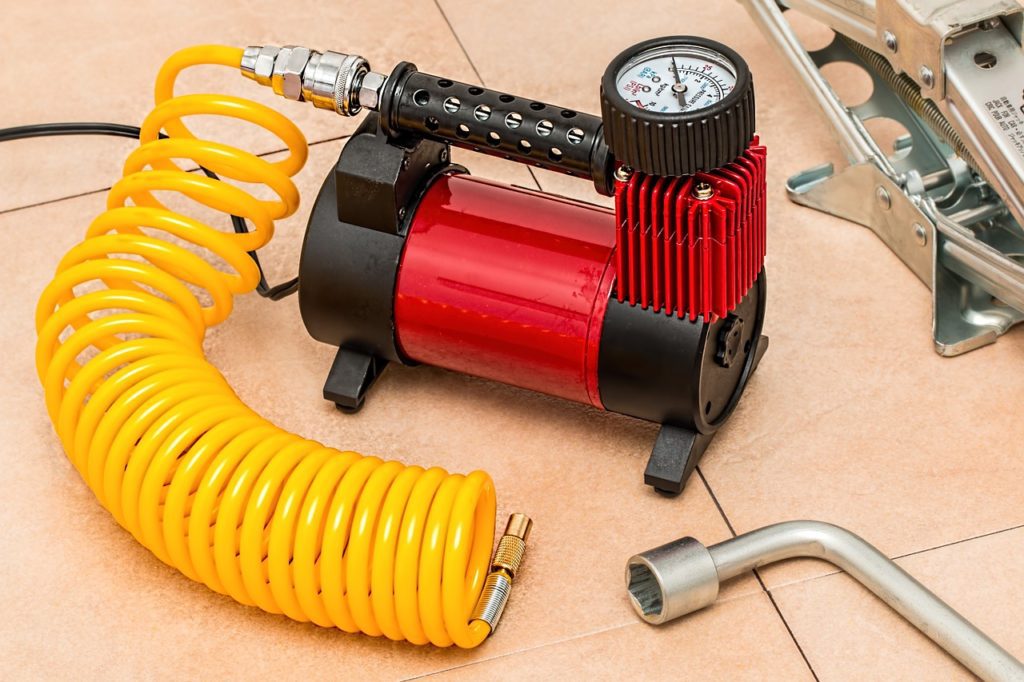

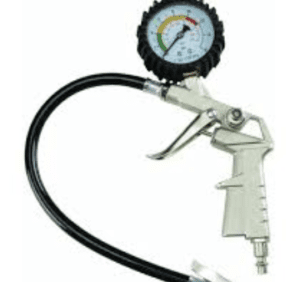 It is a good idea to have a device that knows what you want. For instance, do you want to pump air that has few settings that are programmed on it? If you are tech-savvy, you can get one with manual PSI settings. Some drivers choose units that can turn off themselves when they reach the desired pressure. You should note that these extra conveniences come at a cost. Thus, they will make the device you want to purchase a bit expensive.
It is a good idea to have a device that knows what you want. For instance, do you want to pump air that has few settings that are programmed on it? If you are tech-savvy, you can get one with manual PSI settings. Some drivers choose units that can turn off themselves when they reach the desired pressure. You should note that these extra conveniences come at a cost. Thus, they will make the device you want to purchase a bit expensive.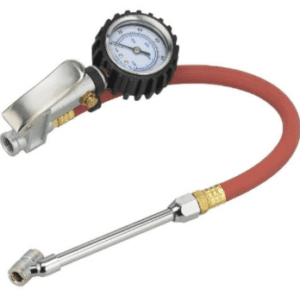 It does not matter whether you are assembling an emergency tool kit for your vehicle before a camping trip. When you choose the right air compressor for the tires, it means you are ready for the tough situations ahead if you get a flat tire. Moreover, if the air compressor has several attachments for a wide range of inflatable products, it means it can be quite useful in your next camping trip or spending the day in the beach.…
It does not matter whether you are assembling an emergency tool kit for your vehicle before a camping trip. When you choose the right air compressor for the tires, it means you are ready for the tough situations ahead if you get a flat tire. Moreover, if the air compressor has several attachments for a wide range of inflatable products, it means it can be quite useful in your next camping trip or spending the day in the beach.…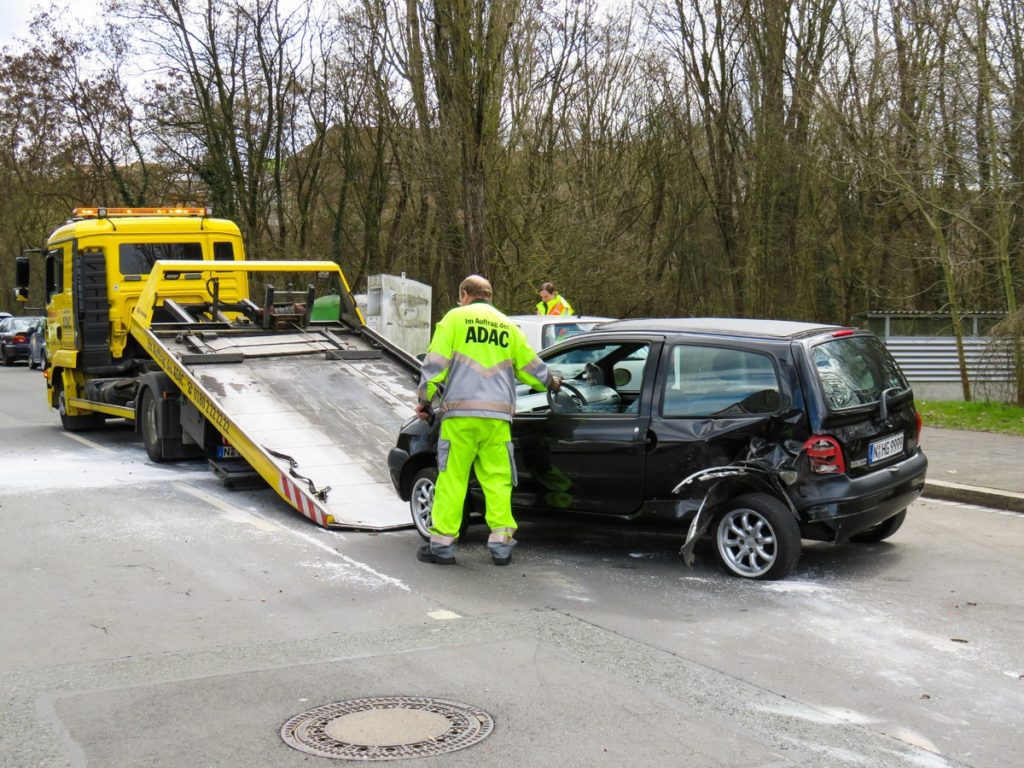
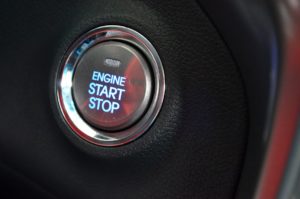 At least as a car owner, we need to know various things about the common causes of breaking down cars. General knowledge about how to deal with breaking cars will be discussed in the following section.
At least as a car owner, we need to know various things about the common causes of breaking down cars. General knowledge about how to deal with breaking cars will be discussed in the following section.
 The first thing that you can do when traveling with a baby, especially when you’re using your car, is to prepare your car for the baby. So yes, a baby car seat is important as it has a seat belt that can hold your baby down. The last thing that you need is your baby bumping into the window or even worse, falling from the seat during a bumpy ride, which might lead to tantrum and crying. A recommendation from us is to get a baby car seat that is a little bit bigger, this way you won’t spend more money to buy another car seat in the future.
The first thing that you can do when traveling with a baby, especially when you’re using your car, is to prepare your car for the baby. So yes, a baby car seat is important as it has a seat belt that can hold your baby down. The last thing that you need is your baby bumping into the window or even worse, falling from the seat during a bumpy ride, which might lead to tantrum and crying. A recommendation from us is to get a baby car seat that is a little bit bigger, this way you won’t spend more money to buy another car seat in the future.
 When you are leasing a car, your lease payment will be based on the sale price of your vehicle. To ensure that you are getting a good deal, you should take your time to check out an average price that is paid. Various tools can help you to know the amount of money other people are paying for the same model.
When you are leasing a car, your lease payment will be based on the sale price of your vehicle. To ensure that you are getting a good deal, you should take your time to check out an average price that is paid. Various tools can help you to know the amount of money other people are paying for the same model.

 Horse carriage with front lights was one of the earliest forms of headlights, with candles as the source of light. However, the model faced a speed issue as the candles went out due to strong wind and the speeds. In the late 1880s, the model underwent a mechanical development where people no longer used candles as the fuel. Acetylene was then chosen to replace the candles as the fire is resistant to wind and rain. This model allowed the carriage to travel at speed and proved to be one of the most important inventions of the era.
Horse carriage with front lights was one of the earliest forms of headlights, with candles as the source of light. However, the model faced a speed issue as the candles went out due to strong wind and the speeds. In the late 1880s, the model underwent a mechanical development where people no longer used candles as the fuel. Acetylene was then chosen to replace the candles as the fire is resistant to wind and rain. This model allowed the carriage to travel at speed and proved to be one of the most important inventions of the era. want to hire. The best ones are those who offer 24-hour services. Compare service fees between the different mobile mechanics and go for one with considerable charges. There are several reasons why you should consider hiring these type of mechanics. They include:
want to hire. The best ones are those who offer 24-hour services. Compare service fees between the different mobile mechanics and go for one with considerable charges. There are several reasons why you should consider hiring these type of mechanics. They include: mechanics will report to where you direct them and conduct the necessary repairs or maintenance practices. Going to a garage may see you spend a lot of time in a long queue waiting for your car to be serviced. Seek the services of a mobile mechanic to save time.…
mechanics will report to where you direct them and conduct the necessary repairs or maintenance practices. Going to a garage may see you spend a lot of time in a long queue waiting for your car to be serviced. Seek the services of a mobile mechanic to save time.…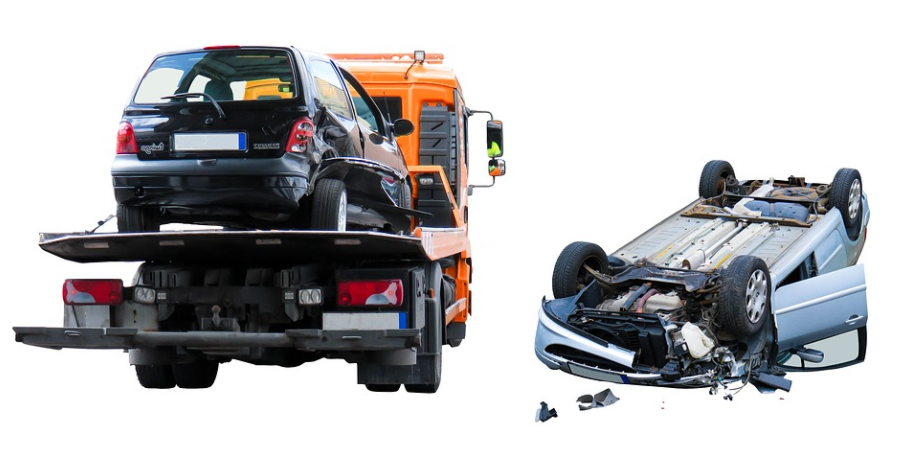
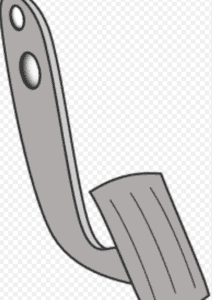 The braking system is among the car components which should be checked from time to time. Brakes should be safe and function the right way all the time. You cannot travel in a car with faulty brakes and expect safety. It will not only lead to the damage and loss of your car but your death as well. If you leave your car unchecked, you might be shocked to hear that your car needs the replacement of the whole braking system.
The braking system is among the car components which should be checked from time to time. Brakes should be safe and function the right way all the time. You cannot travel in a car with faulty brakes and expect safety. It will not only lead to the damage and loss of your car but your death as well. If you leave your car unchecked, you might be shocked to hear that your car needs the replacement of the whole braking system.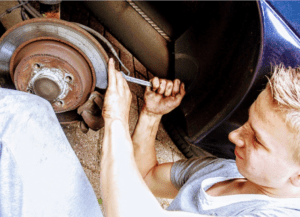 If you realize that your car brakes are faulty and the entire system needs replacement which might cost more than the value of the car, it is best if you sold the car as junk. It does not always mean that you will sell off your car at a loss because you are selling it as junk. With a good buyer, you can still make profit. Choose a company with premium electronic scales and which can accurately and genuinely access the value of your car. The cash earned here can be used to buy another car.
If you realize that your car brakes are faulty and the entire system needs replacement which might cost more than the value of the car, it is best if you sold the car as junk. It does not always mean that you will sell off your car at a loss because you are selling it as junk. With a good buyer, you can still make profit. Choose a company with premium electronic scales and which can accurately and genuinely access the value of your car. The cash earned here can be used to buy another car.
 If you are looking for a passenger van, a conventional rental company will help. If, on the other hand, you are looking for a van to transport cargo, look for a van company which rents box trucks, moving trucks or cargo vans. This is the only way to get the best services as per your needs.
If you are looking for a passenger van, a conventional rental company will help. If, on the other hand, you are looking for a van to transport cargo, look for a van company which rents box trucks, moving trucks or cargo vans. This is the only way to get the best services as per your needs. Irrespective of the type of van you want to hire, it is advisable to check for external and internal damages. In case of any damages, have them written on the contract document so that they will not pin it on you later. Make sure that you are present during the car’s examination by the mechanic so that you note down all the damages. All this is to protect yourself from being charged for damages you did not cause.
Irrespective of the type of van you want to hire, it is advisable to check for external and internal damages. In case of any damages, have them written on the contract document so that they will not pin it on you later. Make sure that you are present during the car’s examination by the mechanic so that you note down all the damages. All this is to protect yourself from being charged for damages you did not cause.